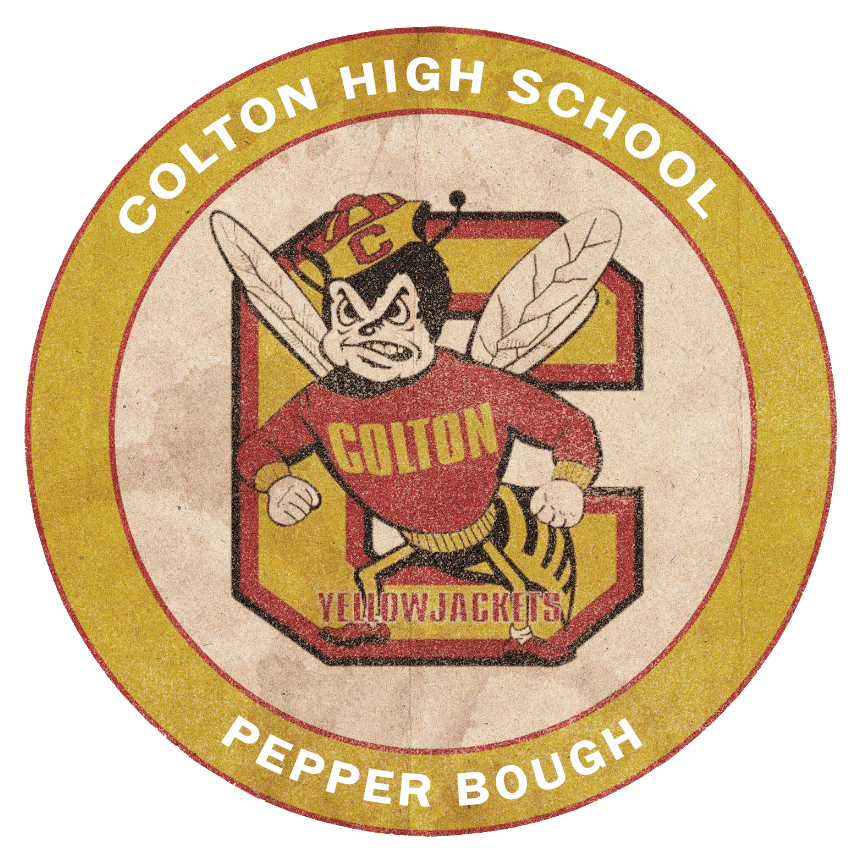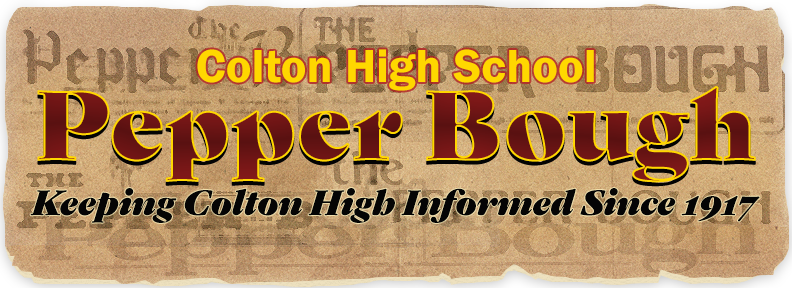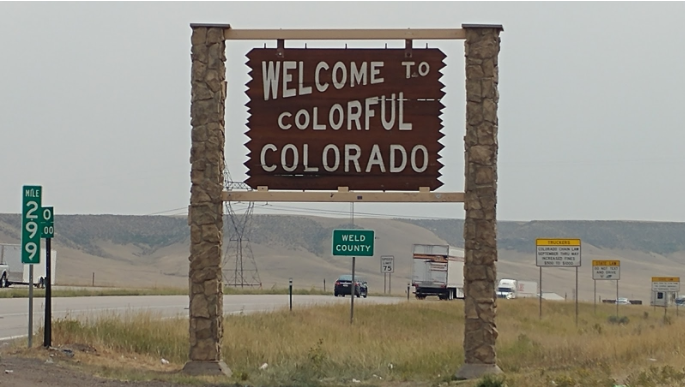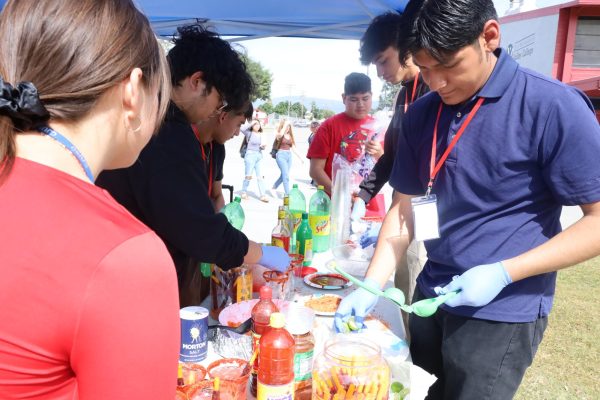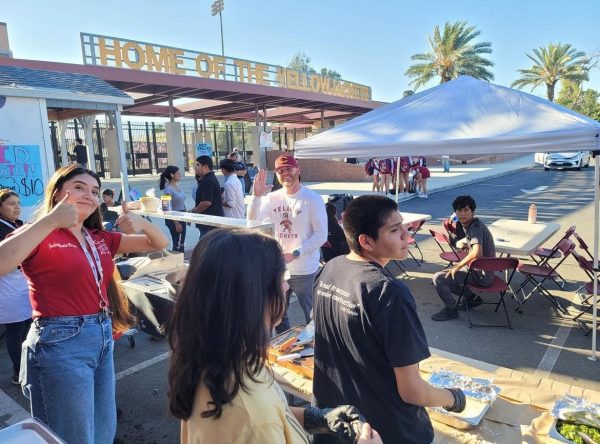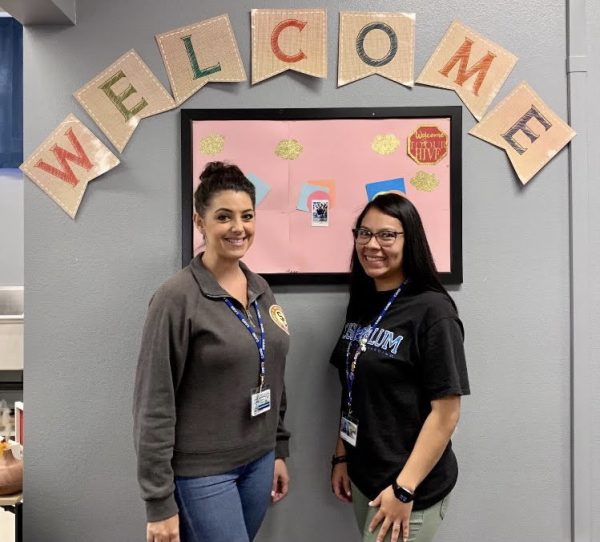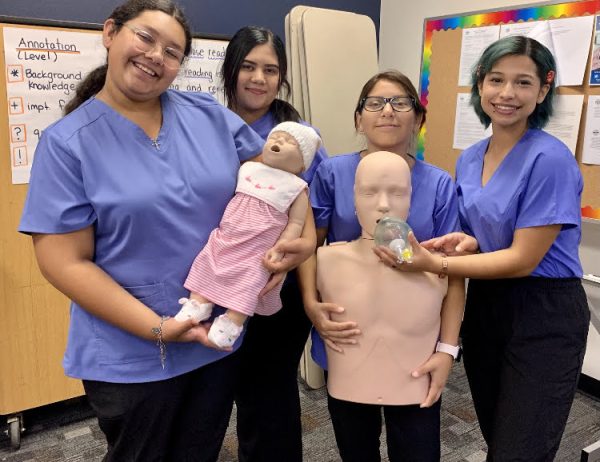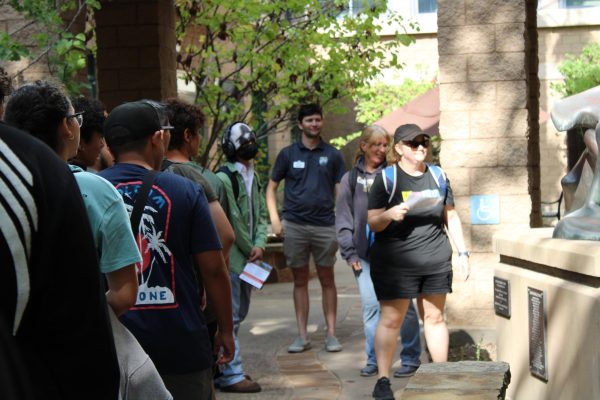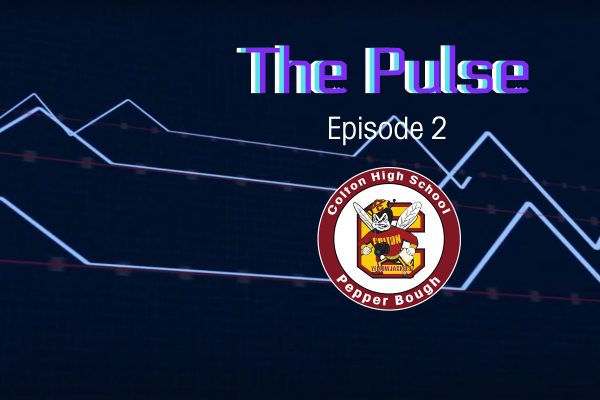Pandemic:Truck driving, what changed?
September 11, 2020
I interviewed Francisco Montano, to get a glimpse of what it is like to be truck driving through the states at this time, during the Coronavirus pandemic. Francisco drives for the company “McLane” and travels through the states to Colorado. Starting from California, then taking different routes through states to Colorado. He takes different routes, because the weather in different states can cause complications. He had gone through Nevada, Wyoming, Utah, New Mexico, and Arizona to get to Colorado.
What is your job description?
“I take dedicated loads to Colorado.”
How does the pandemic affect your job?
“It makes our job busier, because the stores we deliver at are mostly essential; stores that are always open all the time, like Walmarts, 7 Elevens, and Walgreens. Like when all the pandemic was going on, places that were open are like the 7 Elevens. People had to go get their toilet paper, water, and stuff from those stores; you got Walmarts and Targets.”
How has your job changed than how it was before?
“It’s busier like I said; we deliver essentials. When I go, I take water and when I come back, I bring back toilet paper and hand sanitizer. I bring back stuff that’s essential over here in California, so my loads are getting heavier so I bring back more products. We’re busier than we used to be since the pandemic started.”
What restrictions were added to your job from the pandemic?
“Really nothing besides having to wear masks and gloves when I go do paperwork when I’m out of state. When I stop to get full, I got to wear a mask, but I benefited by being able to run non-stop, so I actually got better than restricted.They let truck drivers run crazy; you drive as long as you want.
Is the product you hold in high demand?
“Yup, toilet paper, hand sanitizer, cup of noodles, water, bleach, I bring all the stuff, like Lysol. I bring back essentials. I take essentials like water and bring back essentials. Bring things that everybody wants.”
What have you done to reduce your risk of exposure?
“Wear a mask, wear gloves, carry wipes, and I have to sanitize my truck all the time. At my work, they have a fogger; it has antibacterial stuff. So I got to fogg my truck every week.
Do your co-workers know what to do if they are infected?
“Yeah, I guess they go quarantine themselves. That’s how it works so they can clean everything up and stuff.”
Were there any disruptions to the company from the pandemic?
“Well we got some infected with coronavirus in the warehouse, but they never shut down the warehouse and then we got busier because we have to deliver to all the stores that are in high demand. We’re doing a lot of work so we’re even busier than normal.”
Are there any disruptions when traveling through states?
“Not really, but I know that in Utah they wanted you to send a message on your phone and you’d have to say why you’re going into their state. So I would have to tell them that I’m making a delivery and that I’m going through Utah. They want to know where I am going so if you get infected, but I never got stopped in any of the other states.”
What strategies have been integrated when working?
“Pretty much just trying to stay away from people so nobody gets sick like; make less contact with people. And all the places I go to, I hardly make any contact with anybody anymore. I used to go in and check with the people physically. Now I would do the paperwork back in the trailer, so I don’t ever make contact with anybody anymore, so it makes it more efficient and you don’t have to worry about catching the virus.”
What are your cleaning procedures?
“I sanitize my truck with a fogger and then I use the antibacterial wipes and wipe down everything in my truck, like my steering wheel. I wear gloves and a mask when I do paperwork at my pickups.”
How do you feel about this pandemic overall?
“It doesn’t bother me, I still got to work. Doesn’t slow me down. Like everyday, I work.”

